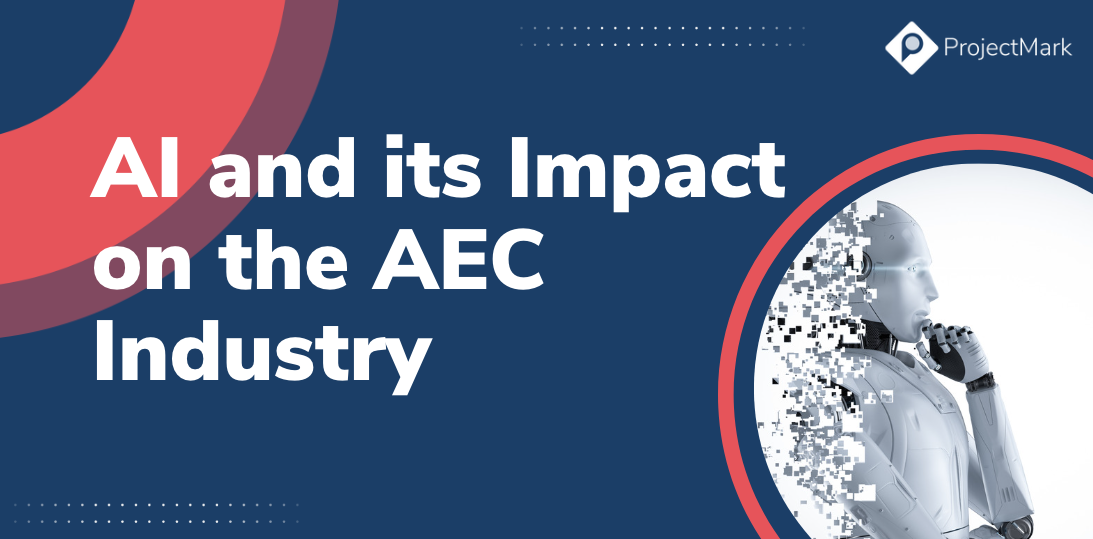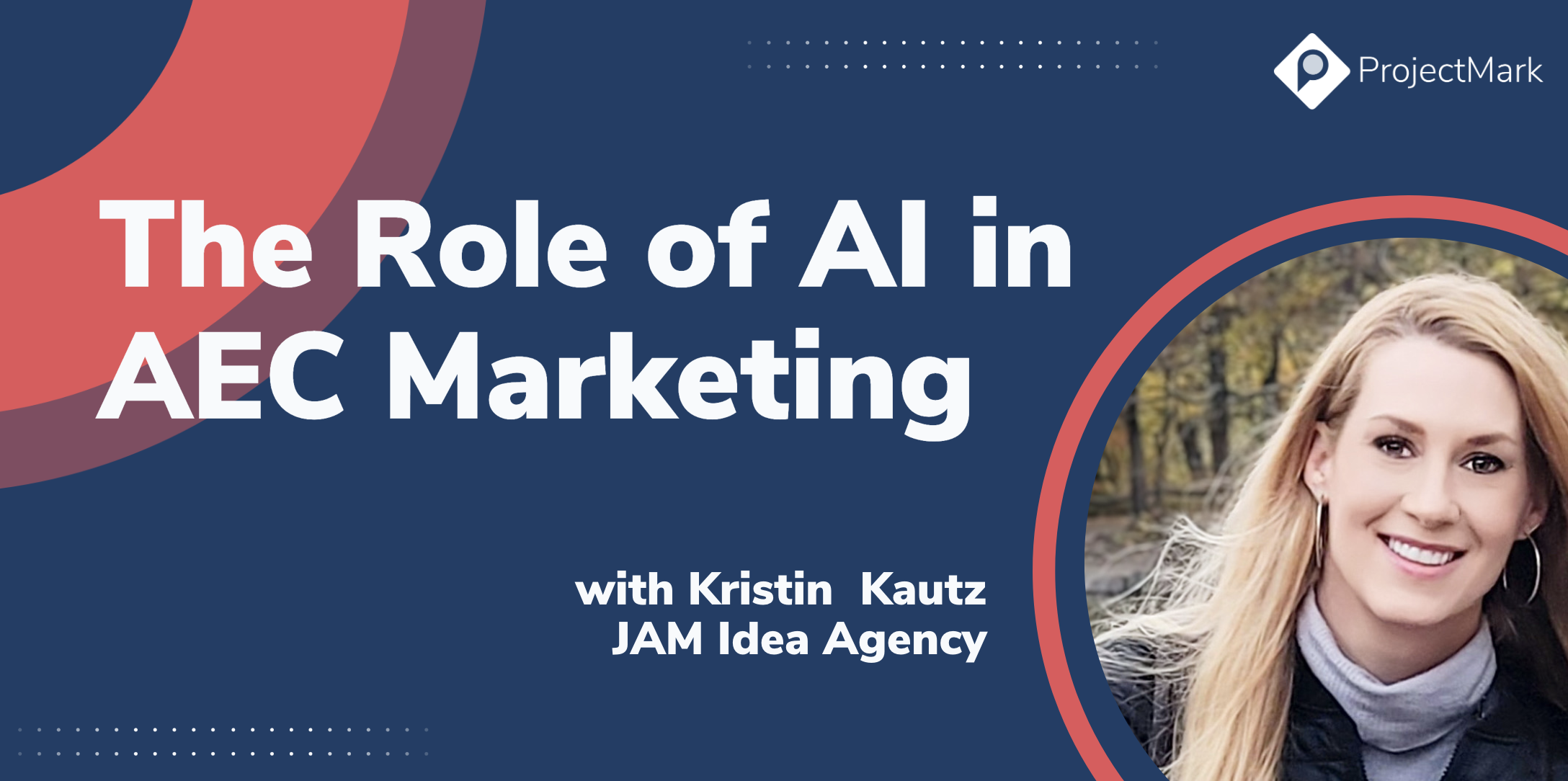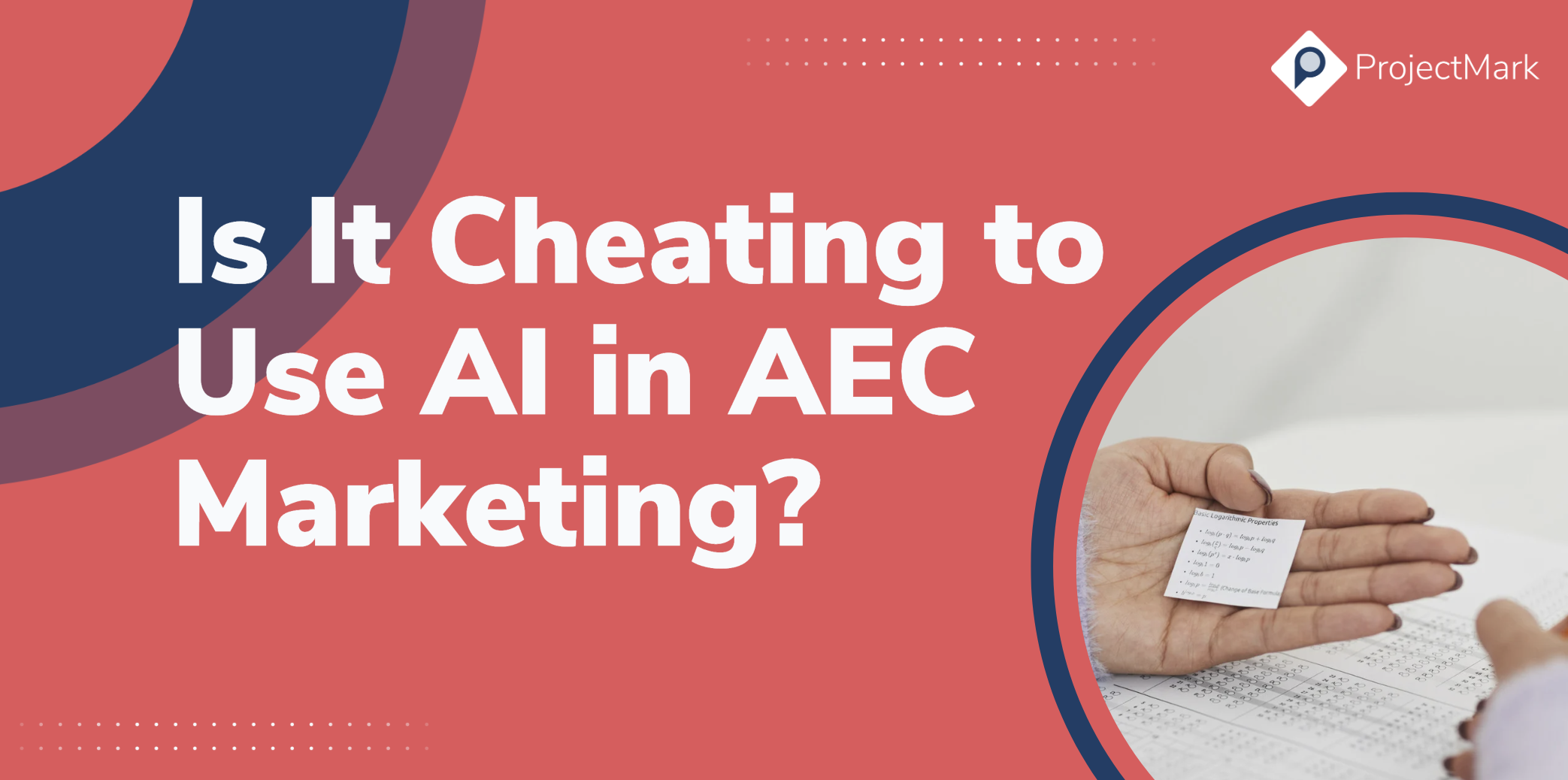AI and its Impact on the AEC Industry

Artificial Intelligence (AI) has been a topic of interest among computer scientists for decades. With the emergence of natural language processing (NLP) and deep learning technologies, AI is no longer confined to the realms of research labs and software engineering. The potential applications of AI are making their way into the commercial architecture, engineering, and construction (AEC) industry, creating excitement, curiosity, and concerns about the future.
Understanding AI
AI is a broad field that encompasses several disciplines, including machine learning, deep learning, robotics, and natural language processing. These technologies have been around since the 1930s and 1940s, pioneered by the likes of Alan Turing. The recent leaps in NLP have brought AI into the cultural zeitgeist, generating interest and excitement about its potential applications.
The Power of NLP and Autocomplete Systems
One of the driving forces behind AI's growth is the development of natural language processing systems, such as ChatGPT. These systems are similar to autocomplete technologies, using statistical models to predict the most likely next word in a sentence based on a database of other sentences. Recent advancements in AI, such as the introduction of adversarial models, have significantly improved the accuracy and versatility of these systems. With each new iteration, AI becomes increasingly capable of providing highly accurate and contextually relevant information.
Implications for the AEC Industry
The AEC industry is beginning to realize the potential of AI and NLP systems for various applications. These technologies can be used to generate proposals, write blogs, create books, design diagrams, and even develop blueprints. The ability to leverage AI for such tasks could lead to significant cost savings and increased efficiency.
- Improved Design and Planning: AI can aid architects, engineers, and construction professionals in the design and planning process by providing optimized solutions and analyzing complex data sets. By harnessing the power of AI, professionals can make better-informed decisions and create more sustainable, innovative designs.
- Enhanced Project Management: AI-powered project management tools can help streamline workflows, reduce human error, and improve communication among project stakeholders. By utilizing AI, project managers can better predict and mitigate risks, resulting in more efficient project delivery and reduced costs.
- Automation of Routine Tasks: The AEC industry involves various routine tasks, such as data entry, material quantity estimation, and scheduling. AI can automate these tasks, allowing professionals to focus on more value-added activities and improve overall productivity.
- Safety and Quality Control: AI can be employed to monitor construction sites, identify potential safety hazards, and ensure compliance with industry standards. By detecting and addressing issues early, AI can contribute to increased safety and quality control in construction projects.
Addressing Concerns
While AI's capabilities have raised concerns about job displacement, it's crucial to view AI as a tool that complements human expertise rather than a replacement for it. The AEC industry can harness AI to enhance human capabilities, improve decision-making, and increase efficiency. By focusing on upskilling and reskilling professionals to work alongside AI systems, the industry can strike a balance between embracing technological advancements and preserving job opportunities for skilled workers.
Summary
AI is revolutionizing the commercial architecture, engineering, and construction industry by offering improved design and planning, enhanced project management, automation of routine tasks, and increased safety and quality control. As these technologies continue to advance, it is essential for the industry to adapt and evolve, addressing concerns related to job displacement and ensuring that professionals can capitalize on the potential of AI. By embracing AI as a complementary tool, the AEC industry can unlock new opportunities for innovation, efficiency, and growth.
Interested in learning more about how AI will impact AEC marketers? Check out our upcoming April 20th webinar,
"Revolutionizing AEC: Unleashing the Power of AI in AEC Marketing."

